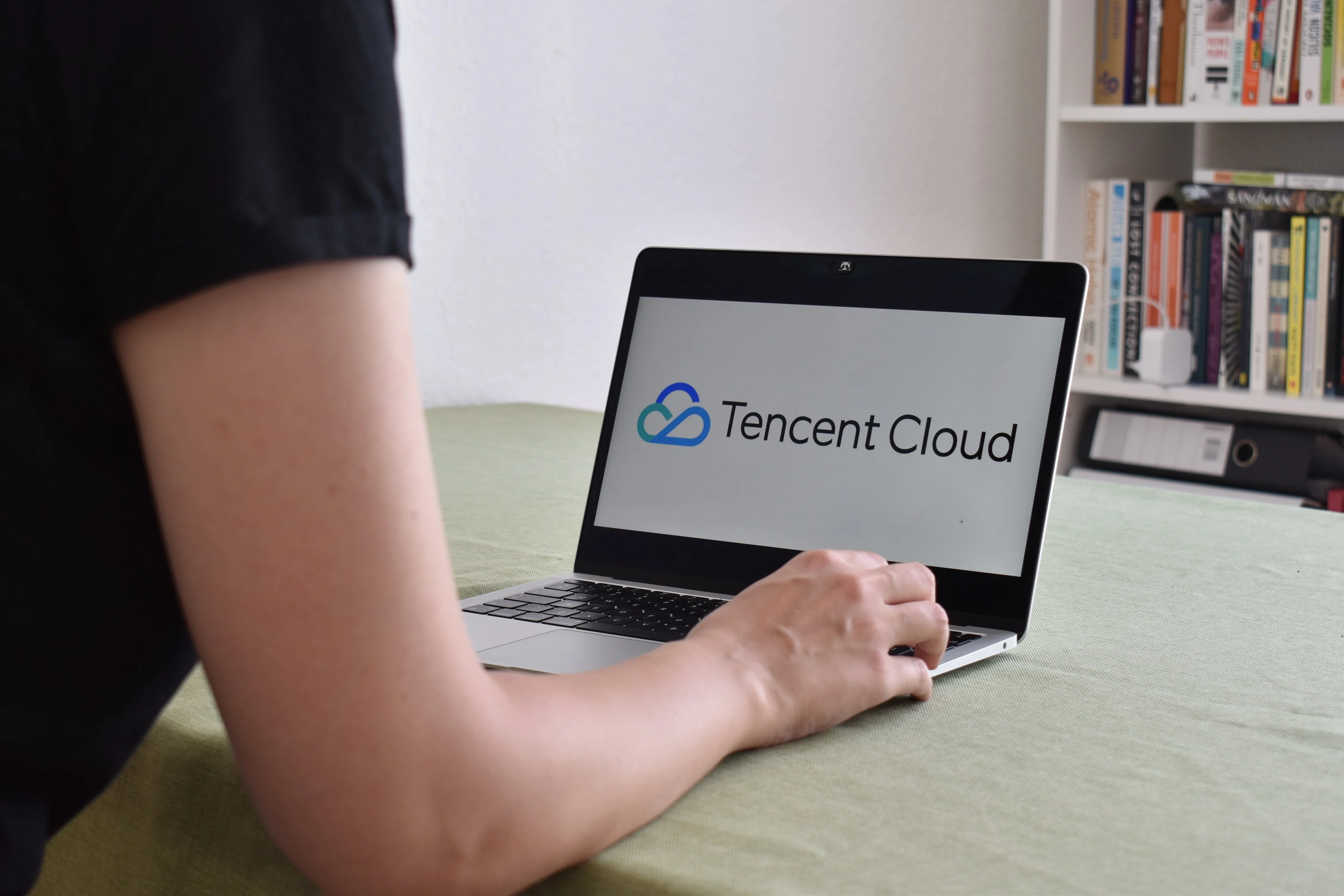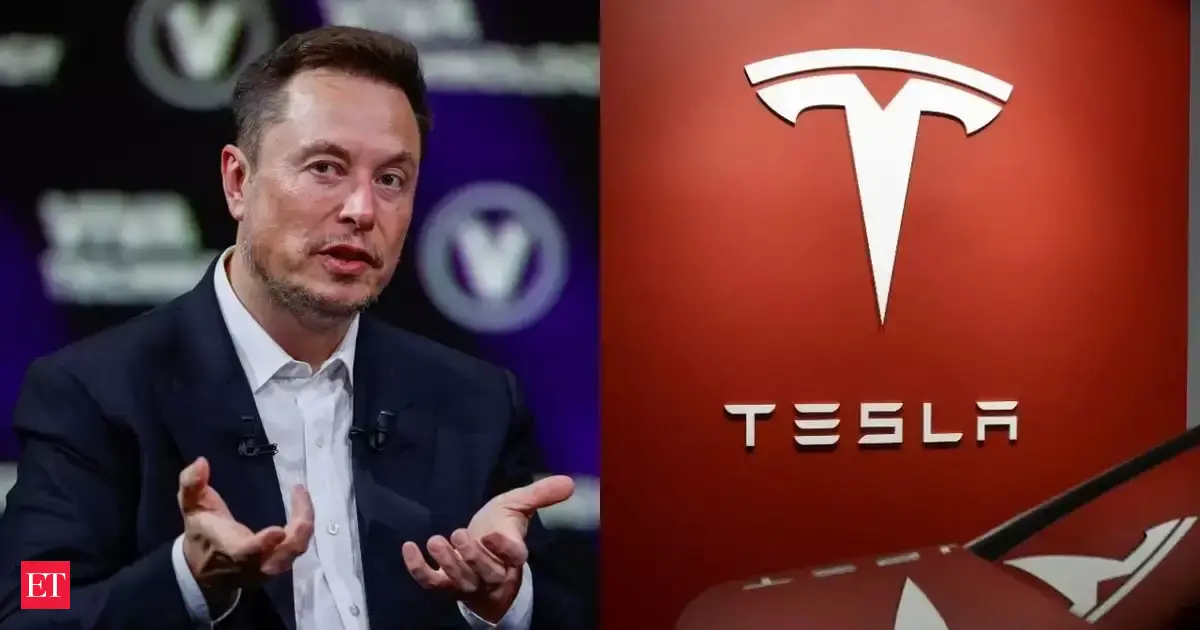By Ann Cao
Copyright scmp

Tencent Holdings, which runs the world’s largest video gaming business by revenue and China’s biggest social media platform WeChat, has become the latest mainland technology company to push the adoption of locally designed artificial intelligence (AI) chips, as the country cuts the use of imported semiconductors such as those from Nvidia.
The Shenzhen-based tech conglomerate’s cloud computing unit, Tencent Cloud, said it was supporting “mainstream domestic chips” in its AI computing infrastructure, without naming any Chinese integrated circuit brand.
Tencent has “fully adapted to mainstream domestic chips” and “participates in the open-source community”, Tencent Cloud president Qiu Yuepeng said at the company’s annual Global Digital Ecosystem Summit on Tuesday.
It is a commitment that reflects growing efforts in the country’s semiconductor industry and AI sector to push forward Beijing’s tech self-sufficiency agenda amid US export restrictions on China and rising geopolitical tensions.
That comes weeks after AI start-up DeepSeek said its updated V3.1 model was designed for the next generation of “home-grown chips to be released soon”.
In July, a group of Chinese semiconductor and AI companies formed the Model-Chips Ecosystem Innovation Alliance to advance the adoption of locally developed processors for AI projects.
Tencent Cloud is cooperating with multiple domestic chip companies to apply “the most suitable hardware” required for different scenarios, Tencent senior executive vice-president Dowson Tong Tao-sang, who serves as CEO of the firm’s Cloud and Smart Industries Group, told Chinese media at the summit.
In addition, Tencent Cloud said it was pursuing “long-term strategic investment” to optimise hardware and software collaboration. This included establishing cost-effective AI computing power by using a variety of chips.
That followed the assessment made by Tencent president Martin Lau Chi-ping during the firm’s latest quarterly earnings call that the company had enough processors for training and “many options for inference chips”, despite the uncertainties of US export policies.
Lau added that Tencent was also working on software improvements that would enable more workload to be handled by its existing chips.
Tencent Cloud’s latest initiative comes amid the State Administration for Market Regulation’s announcement on Monday that Nvidia violated antitrust laws and the Chinese government’s terms of approval for the US firm’s acquisition of Israeli interconnect solutions provider Mellanox Technologies in 2019.
The regulator, which started its antitrust investigation in December over that US$6.9 billion deal, said it would continue its inquiry, without providing further details.
Tencent Cloud also announced at the summit the release of an updated version of its Hunyuan 3D-generation system as well as the rise of its Yuanbao AI assistant, which now ranks among the country’s top three native AI apps by daily active users. It also aims to expand in foreign markets, with plans to build data centres in Saudi Arabia and Japan.
In the first half of this year, Tencent Cloud ranked as the No 4 AI cloud services provider on the mainland with a 7 per cent market share, according to research firm Omdia. It ranked behind the cloud services unit of Alibaba Group Holding, ByteDance-owned Volcano Engine and Huawei Technologies’ cloud computing arm. Alibaba owns the South China Morning Post.
Tencent’s Hong Kong-listed shares closed flattish at HK$645 on Tuesday, marking the highest level the stock has reached since early 2021.



